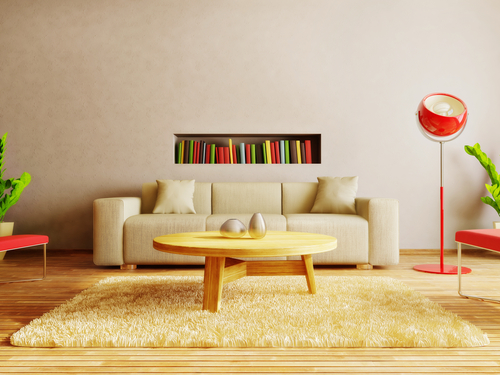A major responsibility that a landlord is legally required to fulfill is creating a habitable living space. This is legally enforced by a tenant’s “warranty of habitability.” The details of what makes a living environment habitable depend on what state you are in. In general, though, here are some key aspects that go into maintaining compliance for habitability…
Proper Sanitary Conditions
Improper sanitary conditions can be enough for a resident to break the terms of their lease, or even make the repairs themselves and deduct the cost of those repairs from their rent, depending on the specific state law. Sanitary conditions can also differ by state, but generally include providing a method of garbage disposal (you can ask your tenants to pay for it, but you must provide it), eliminating pest problems (such as insects, spiders, or rodents), and maintaining a proper sewage system. Sometimes neglect from tenants may be the cause of these problems, which can shift the obligation to the tenant, in certain cases.
Lighting
A landlord needs to provide a method of lighting. Generally, this means having general area lighting from the ceiling or some other lighting fixture and then making sure that the electrical system to power it is maintained and functioning. In addition to this, a certain number of windows may be required in your rental, depending on the number of rooms, to provide natural light.
Adequate Climate Control
Many states have specified designated habitable temperature ranges. As such, a landlord needs to provide an adequate climate control system to meet those temperatures. This can mean having a functioning air conditioner, heating unit, or both. For example, a rental in Phoenix, Arizona must have a compliant air conditioner but doesn’t require a heating system. In most states, if a resident moves into a rental that has no AC, then the landlord has no obligation to install one.
Functioning Appliances
If a tenant moves into a rental with appliances in it, then the landlord may have a contractual obligation to maintain and ensure the functionality of those appliances. For example, if an apartment has a stove or refrigerator, then they must repair it when it stops working.
Timely Repairs
Another aspect of habitability that shouldn’t be overlooked is the timeliness of the repairs. If a tenant puts in a request for a specific repair that affects the habitability of the rental, such as repairing the AC, and the landlord does not fix it in a timely manner, then the tenant may be able to break the terms of their lease, or even deduct certain expenses from their rent if they have to pay for repairs for themselves.

